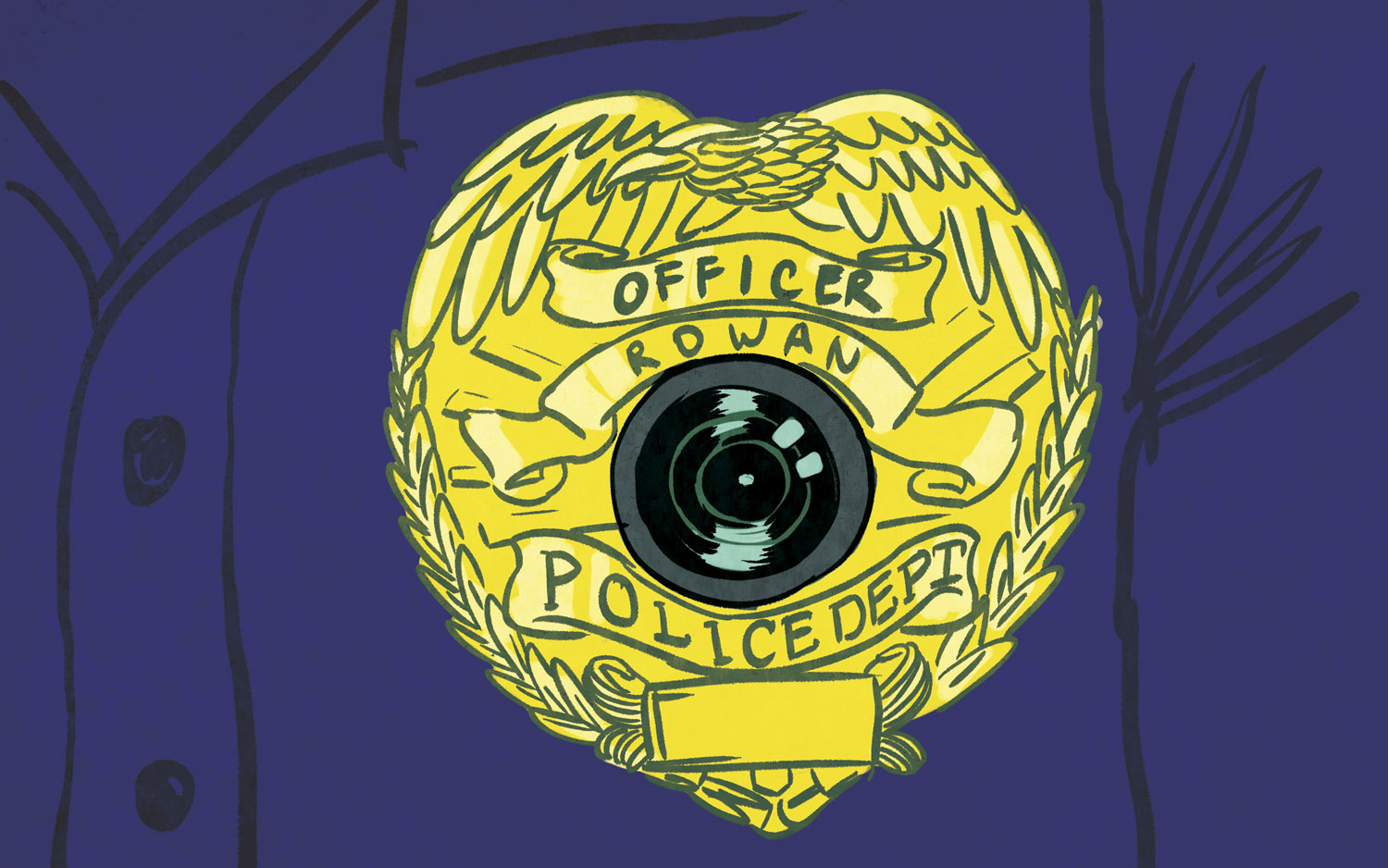While police officers are constantly being placed in front of the media camera lens, Rowan University’s police force is doing the opposite by stepping behind the camera. This week, Rowan University’s police department became the first university in New Jersey to require their officers to wear body cameras.
The university’s police department body camera mandate was inspired by the recently passed New Jersey state law that requires municipalities to fit their police vehicles or officers with audio-visual recording devices, which passed last fall after the shooting of Michael Brown in Missouri. Although the new law does not apply to college police departments, Rowan police obviously see body cameras as beneficial pieces of equipment.
Body cameras have been a hot topic in many state legislatures in the recent wake of police brutality and an excessive use of force by police, many of which have resulted in the death of various individuals including Michael Brown, Eric Garner and Tony Robinson.
In order to prevent future incidents, states have sponsored bills that add cameras to police vehicles, yet sometimes the incidents do not take place in front of a vehicle, with Walter Scott’s case being a notable example. Body cameras allow the Rowan police department to have freedom of movement as well as provide each of their 34 officers accountability for their actions.
As the American people’s trust in the police dwindles, body cameras serve as a way for police officers to be more accountable for everything they do. By wearing a body camera, each and every action and word a police offer does and says is recorded and saved.
There is nothing a police officer or suspect can dispute if it is recorded. Video and audio recordings could be used as evidence in a court room and would provide a larger sense of accountability on both sides.
The Rowan police department’s “object[ive] of these cameras is transparency,” according to Rowan Police Lieutenant Craig Shute. Any form of audio-visual equipment can provide an accurate account of any incident a officer may face.
Also, anyone in the police department or legal system would have access to the content of the body cameras. Rowan police want the public to know what is going on by having a visual and audio record of it.
Although college campuses do not face many problems when it comes to police brutality or an excessive use of force, it is important that body cameras ensure that the community has police officers that are doing their jobs correctly.
Body cameras are beneficial to creating a community where people who protect the law can live and work harmoniously with the residents who reside there.
Rowan University is taking the steps that all colleges in New Jersey and across the nation should be taking. Students, parents, staff and officers should all feel safe when they walk on campus and body cameras can make campuses that much closer to becoming a safe and secure community.
Cops, Cams and Criminals
93
previous post




